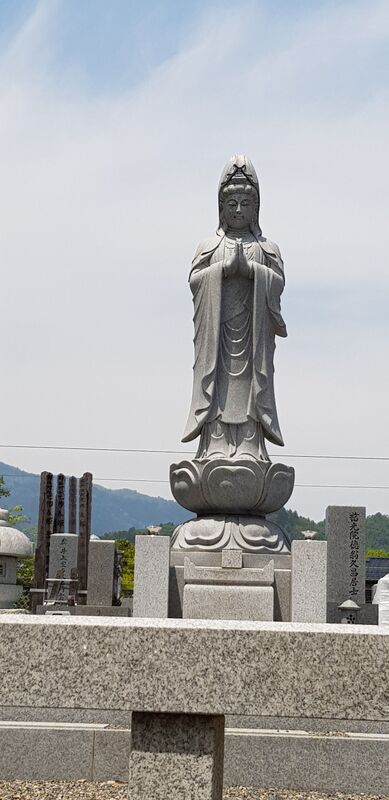1. Stick to the rules. The Japanese have a sense of order and with large numbers of people travelling via Japan's railway network, it is important to be aware of the rules, where you should avoid eating and drinking and where to stand or pass others on the escalators – stand on the left, pass on the right. Eating, drinking and smoking are not allowed on the trains or in the train stations. Follow the clearly marked directional signs to avoid disrupting the flow of people.
2. Respect elders, the disabled, pregnant women, women with children and the physically challenged. There is special seating on trains for these persons. The front row in places of worship may also be specially marked for the elderly or physically challenged. Bathrooms are clearly marked for women with children and families. Although this seems to be the norm in restrooms internationally, it somehow stood out more in Japan. The signs are clear and it takes just a bit of awareness to avoid sitting or standing in the wrong place.
| 3. Tipping is not expected or necessary and may even be frowned upon. Service is usually good because, in this culture, respect for others is highly regarded. 4. In addition to avoiding smoking, eating and drinking while using public transport, Japanese people avoid doing so while walking in public. 5. Greetings are important. When entering or leaving places, you are likely to be greeted warmly with words and a small bow or a nod of the head. Even if you do not understand the language, it is polite to reciprocate. Learn the basic greetings and use them where possible. 6. Avoid conflict. The Japanese have a strong sense of group harmony and will try as far as possible to avoid confrontation or open disagreement. They also speak in low tones. Avoid raising your voice or shouting even if there is a miscommunication, so as to maintain harmony and to allow others to 'save face'. 7. Handing over money, documents or your passport. Use both hands to hand over and receive these items. It is a sign of respect. 8. Keep cell phones on mute on the trains and buses. The travelling public is reminded to avoid talking on cell phones and to keep them on silent out of respect for fellow passengers. |





 RSS Feed
RSS Feed